Assisted Suicide
MPs oppose assisted suicide in debate
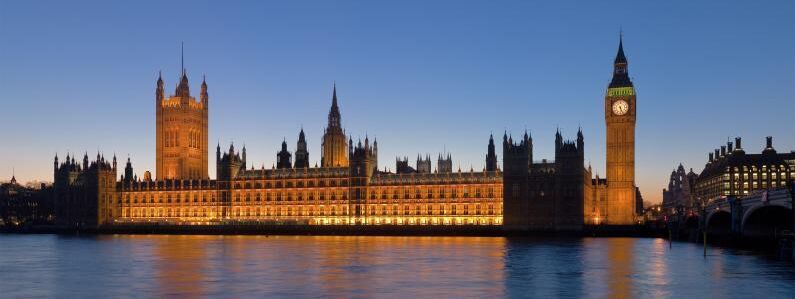
Yesterday evening, MPs warned against changing the law to allow physician-assisted suicide, in a Westminster Hall debate.
Here's a selection of quotes from MPs who spoke against the practice. CARE continues to campaign against assisted suicide and euthanasia.
Andrew Selous MP
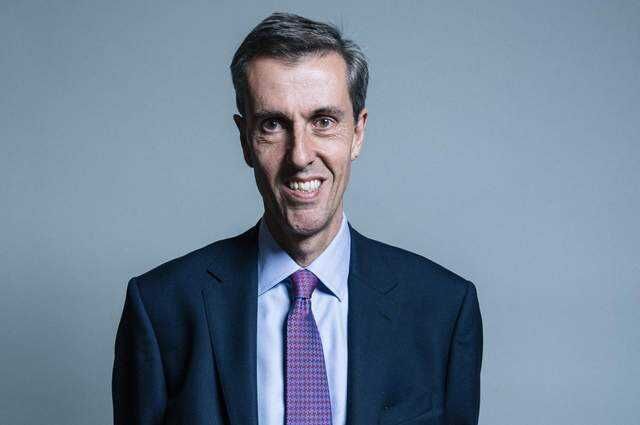
"I have had many emails from my constituents, all of which I have read carefully. I fully respect the strong feelings on both sides of this issue, and this has been a respectful debate today in the main.
One of my constituents, an ex-police officer, writes:
'I have an elderly mother who sometimes worries about being a burden and once said it would be better if she died and I didn’t have to look after her…As an ex-police officer I have dealt with people who have been manipulated into doing completely awful things…I do not think you can legislate against the very real possibility of some people being manipulated into that death is their only option.'
She is not alone in that view. I understand from polling that twice as many people feel concerned about people being pressured to end their own life so as not to be a burden as are not concerned about it."
Sally-Ann Hart MP
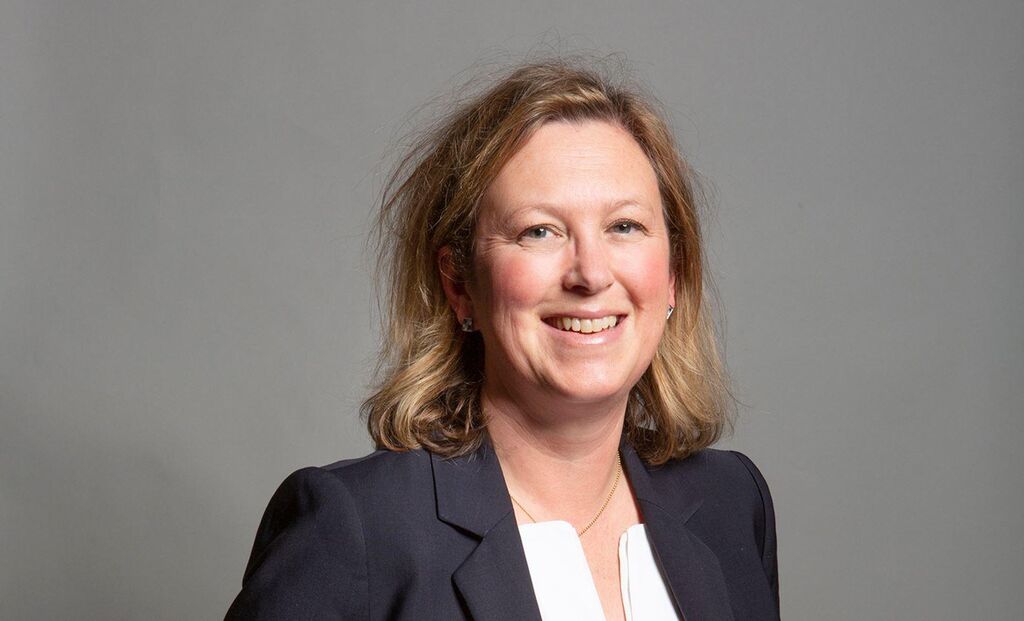
"Evidence from other countries—particularly surrounding the negative impact on doctors—is a legitimate cause for concern, and such evidence suggests that the practice Toggle showing location ofColumn 237WHof assisted suicide or assisted dying has a severe and detrimental impact on medical professionals and the provision of palliative care more generally, as has been highlighted."
"We all want to see the best support available for those people who are nearing the end of their lives, as well as for their families. Looking at the evidence that I have highlighted today, I remain convinced, as many are, that palliative care and support for people physically, mentally and spiritually—and it is the latter that must not be overlooked—remains the most appropriate and ethical approach."
Robin Millar MP
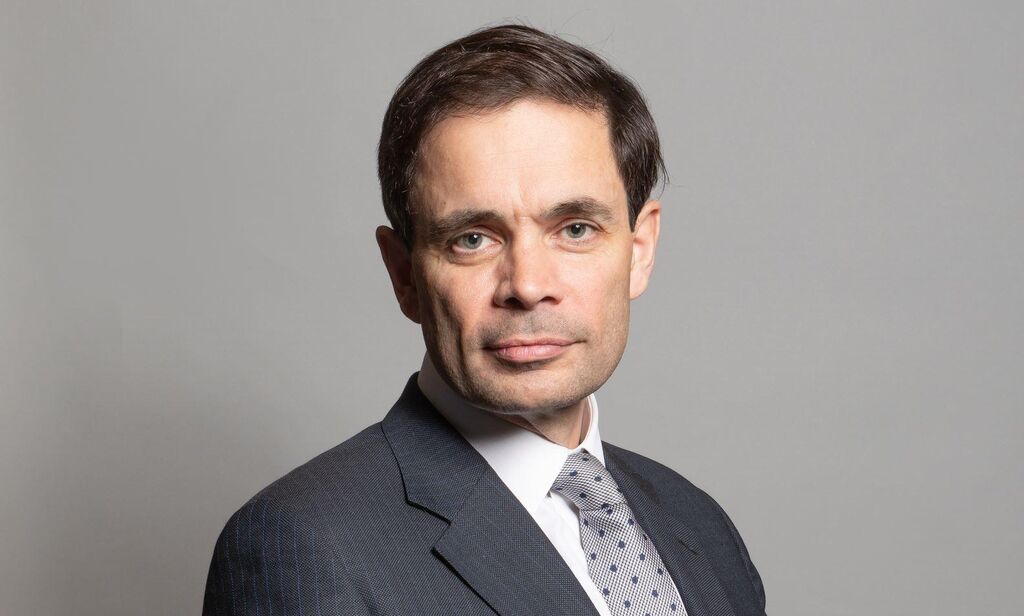
"The proactive ending of one’s own life, by consent or otherwise, in law is suicide—in this case, presumably, by the self-administration of lethal drugs. The House of Commons Library’s own briefing note adopts the term 'assisted suicide' in order to reflect the law. Therefore, another title for this debate, which would reflect where we actually start from, might have been, 'Debate on e-petition relating to assisted suicide'.
I think that this is an important place to start—not to cause offence or distress and not for any obstacle that it may present, but simply because it is where we are. We cannot start in some place yet to be defined, where some may wish us to be one day."
Peter Gibson MP

"I fear that if assisted dying is legalised, terminally ill people may feel pressured into ending their lives. I do not believe that we should place anyone in that position. Such a change in the law would have a profound impact on the relationship of terminally ill patients with their doctors. While I have every sympathy with those who, for the best of intentions, seek this change, I do not support a change in the law."
Sir Desmond Swayne MP
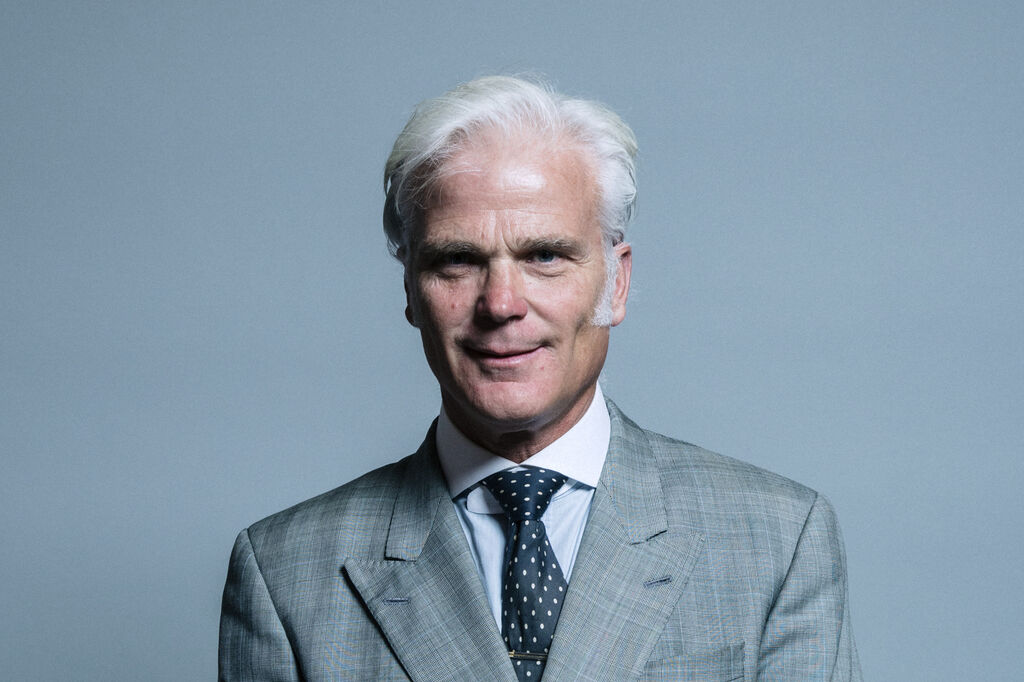
"We have also heard about the impact on palliative care. Obviously, there is a difference of views. However, I have sat in this Palace and heard clinicians from Canada tell us in terms that palliative care budgets were being squeezed to provide for the new service of assisted dying."
Danny Kruger MP
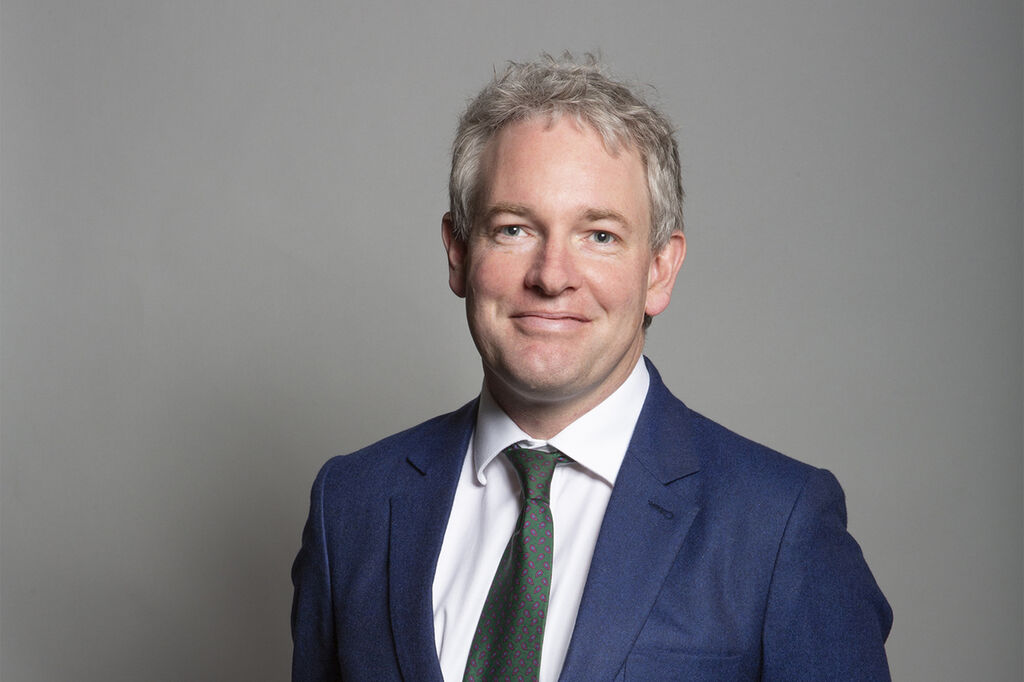
"In Oregon, we see people being refused palliative care on cost grounds and then choosing assisted dying because there is no other option. I know we pretend that we do not have rationing in the NHS, but obviously, with finite resources, we do. Do we really imagine that assisted dying will not become an option that doctors and medical managers will not tacitly—even unintentionally—encourage?"
Share
